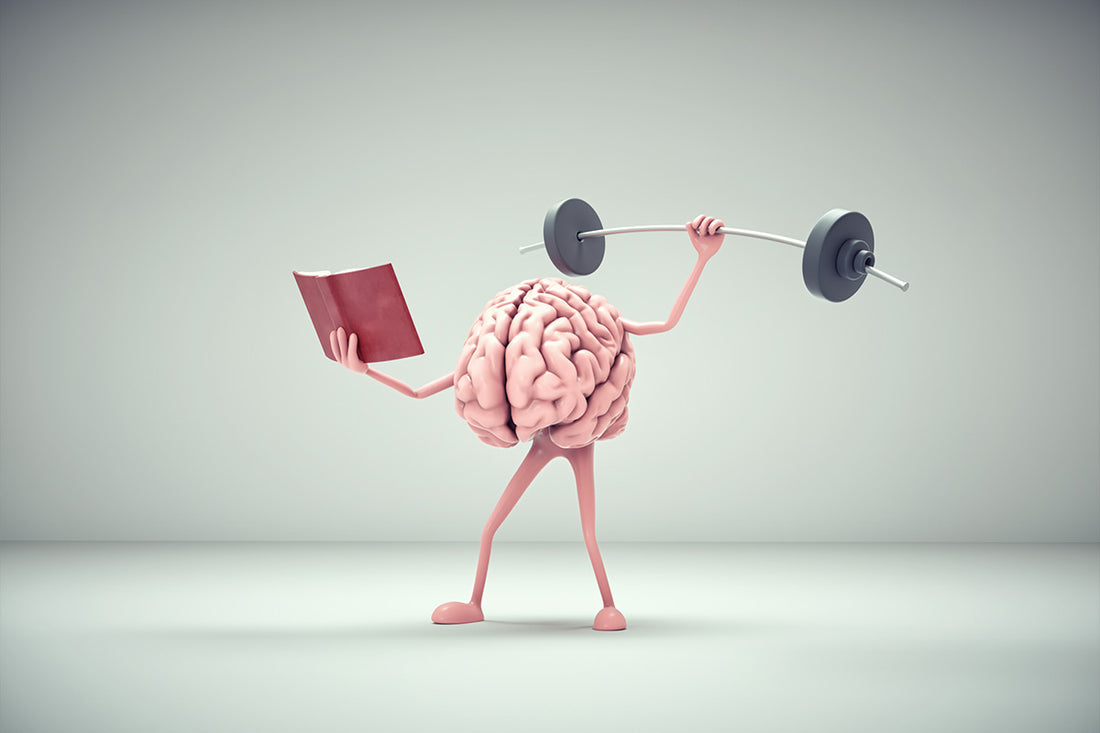Did you know that with every step you take, every push of a pedal or every lap swam in a pool, you’re enhancing your brains cognitive health and fitness.
We all know about the many physical benefits of exercising but how much do you know about the support it offers our brain?
Exercise encourages oxygen and blood flow to the brain while stimulating chemicals that improve your mood, reduces brain fog and increases the size of the hippocampus; the part of the brain responsible for memory and cognitive activity. It also repairs the neural connections between the nerve cells which helps protect your brain against injury and disease.
Recent Studies
Studies have shown that regular light to medium physical activity can reduce the risk of developing dementia and other cognitive ailments later in life.
In a recent study, 454 older adults underwent yearly physical exams and cognitive tests for 20 years and agreed to donate their brains for research when they died. The participants were given accelerometers, which tracked their movement and physical activity around the clock.
Those who moved more scored better on the memory and thinking tests and every increase in physical activity was associated with a 31% lower risk of dementia. The association between physical activity and cognitive function remained consistent even after the study authors accounted for the participants’ brain pathology and whether they had dementia.
In another recent study, 160 inactive older people with mild cognitive impairment were assigned to take part in several options. They could do aerobic exercise, eat a heart-healthy diet, combine aerobic exercise with the diet, or receive health education.
During the six-month study, those who followed the diet alone did not show brain function improvements while the health-education group’s function worsened. However, those who exercised showed improvements in thinking and memory, and those who combined exercise and the diet improved even more.
How does Exercise help?
-
Increasing oxygen and blood flow to the brain
-
Reducing inflammation
-
Promotes the production of neurotrophins
-
Lowering levels of stress hormones
-
Releasing happy hormones
-
Promoting neural connections
-
Increasing thickness cerebral cortex
-
Repairing damaged nerve fibres
-
Encourages neuroplasticity
The direct benefits of exercising come from its ability to reduce insulin resistance, reduce inflammation, and stimulate the release of growth factors—chemicals in the brain that affect the health of brain cells, the growth of new blood vessels in the brain, and the abundance and survival of new brain cells.
Indirectly, exercise improves mood and sleep and reduces stress and anxiety. Problems in these areas frequently cause or contribute to cognitive impairment.
Many studies have suggested that the parts of the brain that control thinking and memory have greater volume in people who exercise versus people who don’t.
Exercising for Your Brain
The type of exercise you do plays a part in the cognitive support it offers.
A mixed routine with elements of balance, flexibility, and aerobic (cardio) fitness is better than focusing on just one type of exercise. For example, tai chi has been heralded as an example of an all-encompassing exercise routine that significantly enhances cognition.
Playing competitive sports (both team and individual) have also shown to offer further benefits to brain health, specifically around mental wellbeing due to the social aspects.
Final Words
It’s time to get exercising!
Whatever exercise and motivators you choose, commit to establishing exercise as a habit, almost like taking a prescription medication. After all, they say that exercise is medicine, and that can go on the top of anyone’s list of reasons to work out.










